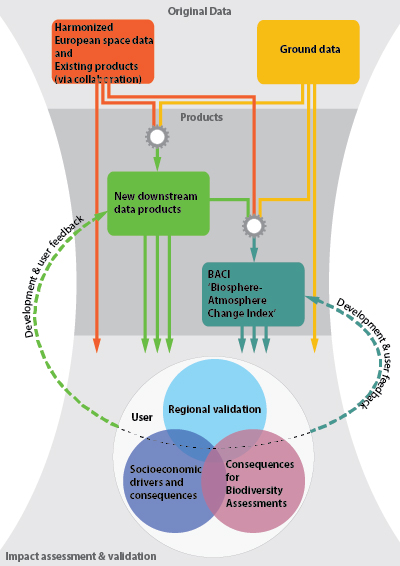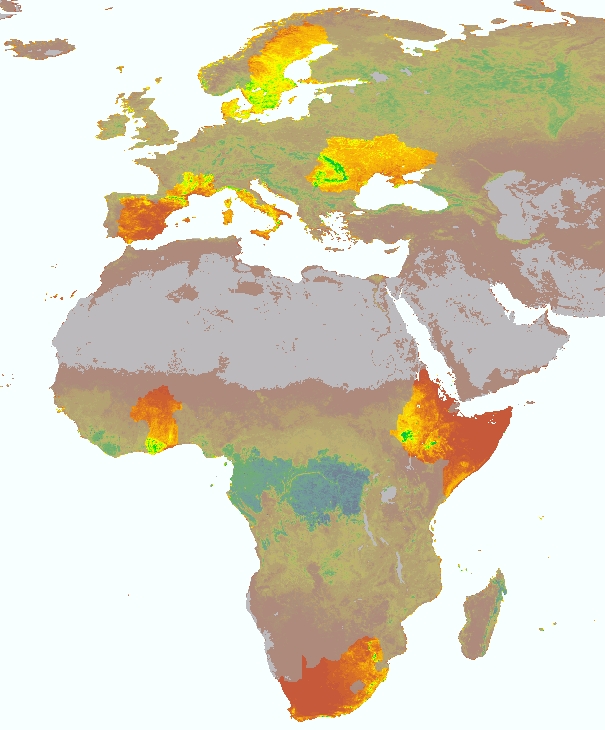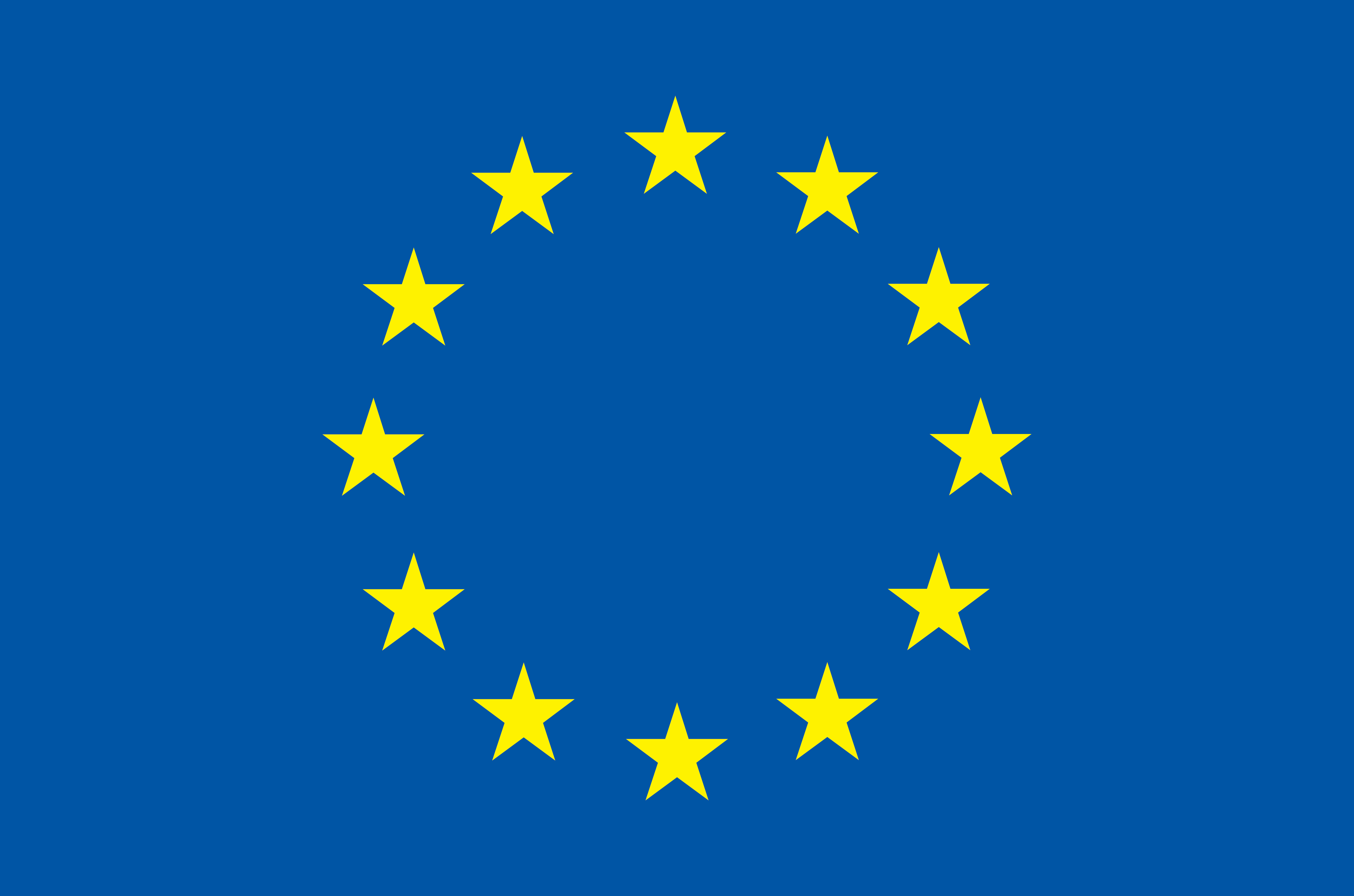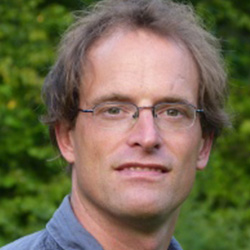Towards a Biosphere Atmosphere Change Index
The integration of ground and space observations leads to a series of new downstream products (light green) that can be either directly interpreted by the user community, or ingested to a statistical system that translate these variables to a general index of change. User community needs to competently address societal challenges will already be integrated during the development of the new analytical and assessment strategies.

Objectives & Approach
The overarching objective is to tap into the unrealized potential of existing and scheduled space-borne Earth observation data streams to detect changes in ecosystem functioning and services that have repercussions for essential biodiversity variables, land use potentials, and land-atmosphere interactions.
Following a dual strategy for implementing novel analytical tools and enhancing the usage of European space data, we will first develop novel downstream data products that are not directly observable from space and rely on the assimilation of ground observations, and second, we will develop a generic multidimensional index of change (the “Biosphere Atmosphere Change Index: BACIndex”) to provide a spatially-explicit metric for ecosystem status and transitions. Both analytical approaches will be validated in target regions in Africa and Europe.
An attribution/assessment framework will accompany the BACIndex to disentangle climate-induced ecosystem changes from socio-economic/ecological transformation processes
- to attribute of hotspots of change to climate drivers, biophysical variation of the land-surface, and socio-ecological transformations over a broad latitudinal transect covering diverse areas of Europe and Africa with an emphasis on regions important for feedbacks in the Earth system
- to assess implications of detected changes for ecosystem-functioning, biodiversity patterns, and socio-ecological systems
- to identify high-potential research areas
- to advance a biodiversity early warning system

 |
This project has received funding from the European Union’s Horizon 2020 research and innovation programme under grant agreement No 640176 |


